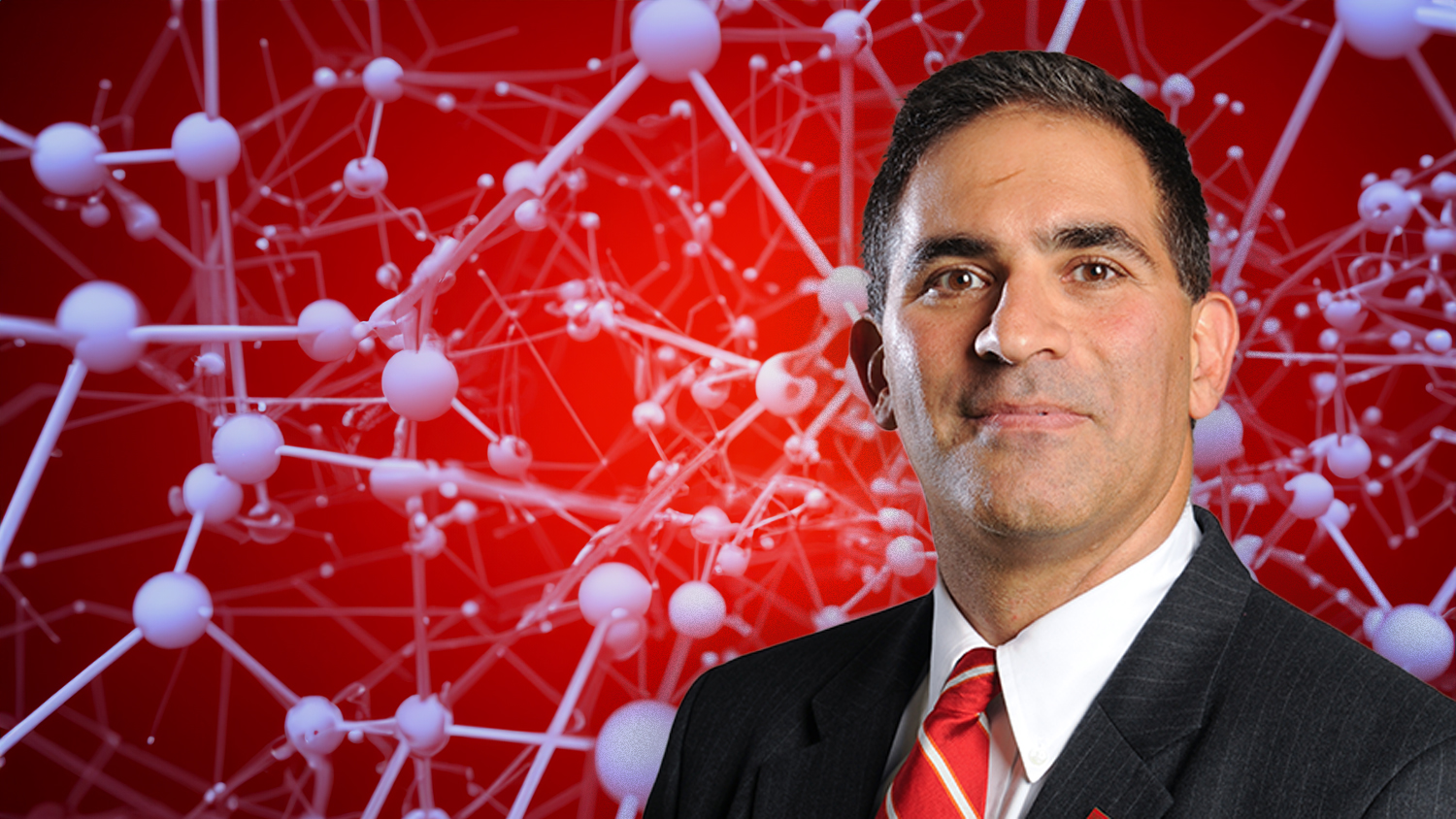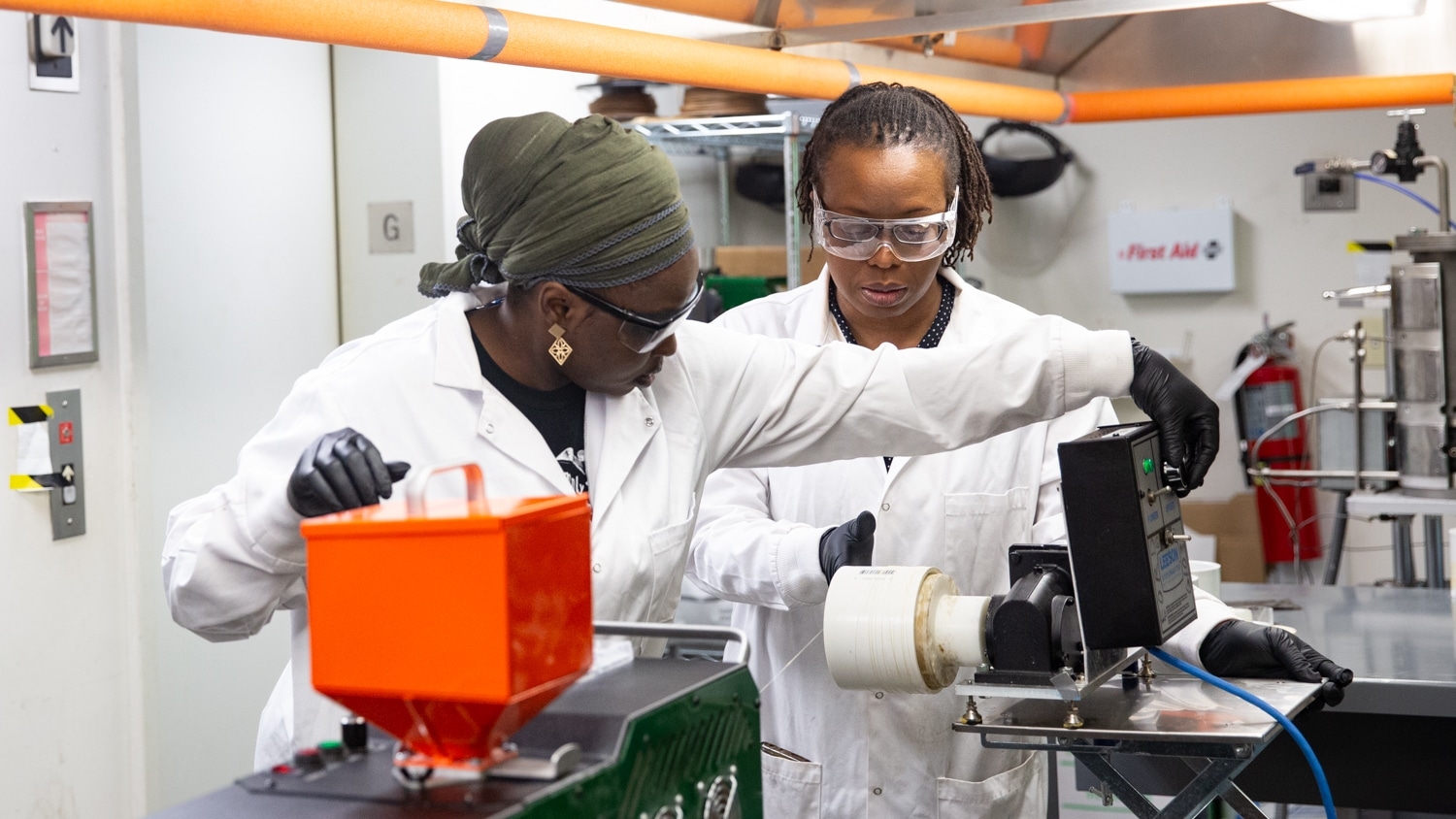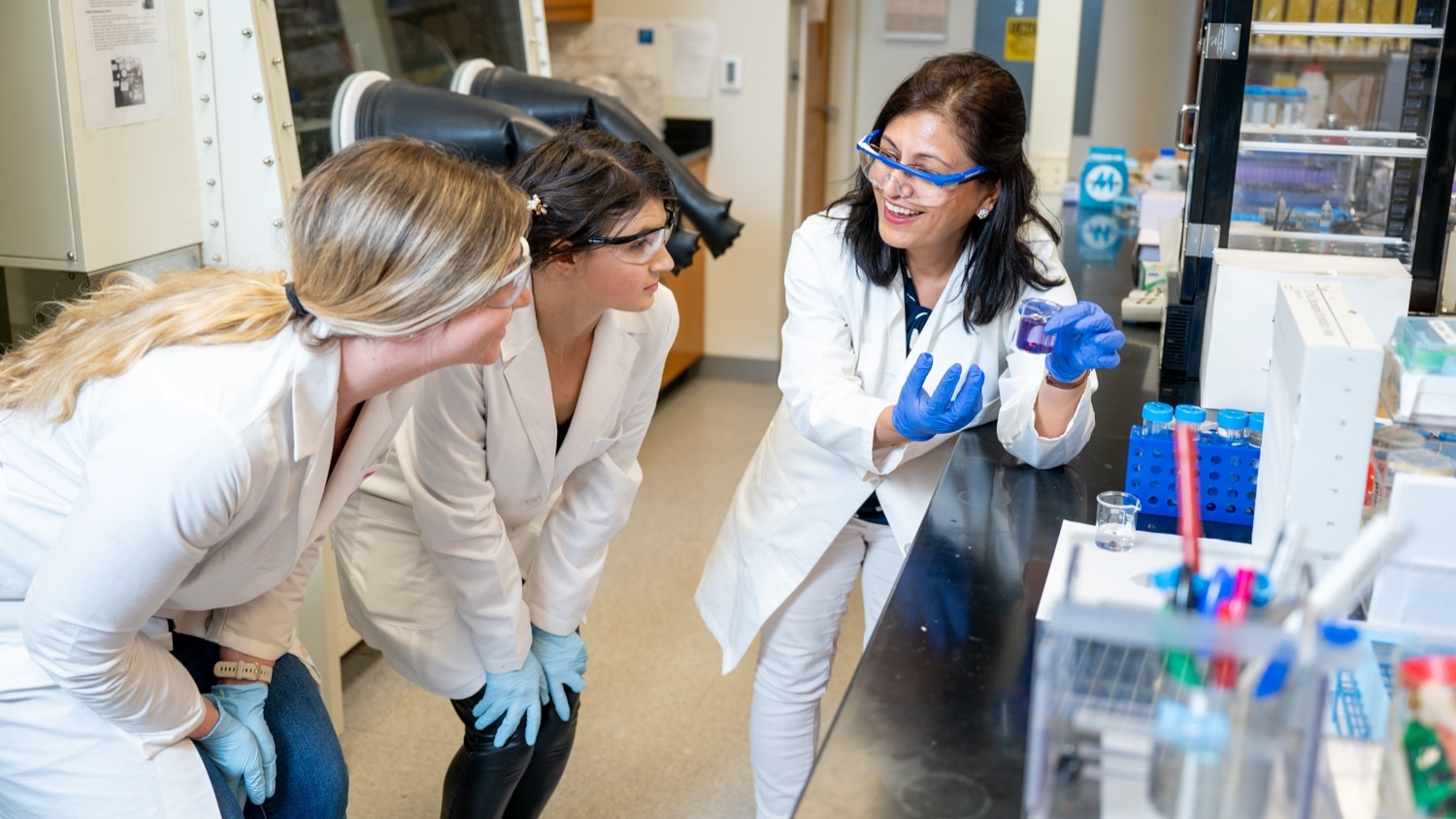Dinh named Fellow of American Nuclear Society

Dr. Nam Dinh, professor in the Department of Nuclear Engineering at North Carolina State University, has been named a Fellow of the American Nuclear Society (ANS).
A Fellow is the highest membership grade of the ANS, and members are recognized for their outstanding accomplishment in any one of the areas of nuclear science and engineering. Dinh will be honored Nov. 11 in Washington, DC, during the President’s Special Session of the ANS Winter Meeting.
Dinh has more than 20 years of research and development and engineering experience in the areas of nuclear reactor thermal hydraulics and nuclear power safety. His research focuses on multiphase flow systems with phase change and their application in nuclear power plant safety analysis, and severe accident risk assessment and management.
Dinh’s work has led to advanced methods and tools for nuclear reactor safety experimentation, modeling, simulation and analysis. His research on severe accident phenomenology contributed to the resolution of safety issues in existing light water reactor plants and severe accident treatment in Generation III+ advanced light water reactor designs.
Prior to joining the faculty at NC State, Dinh worked at the Idaho National Laboratory (INL), where he was a laboratory fellow, director of the Safety and Licensing Center of Research and Education at the INL’s Institute for Nuclear Energy Science and Technology, and academic dean for the “Modeling, Experimentation and Validation” summer school for early-career nuclear engineers.
Before joining INL, Dinh was the Chair Professor of Nuclear Power Safety at the Royal Institute of Technology in Sweden. Prior to this role, he taught mechanical engineering and performed research at the University of California, Santa Barbara.
Dinh also serves as a faculty member of the US Department of Energy-funded Consortium for Advanced Simulation of Light Water Reactors and holds a joint appointment with Oak Ridge National Laboratory.
He earned an MS in thermal physics/nuclear engineering and a PhD and DSc, both in nuclear engineering, all from the Moscow Power Engineering Institute.
- Categories:


